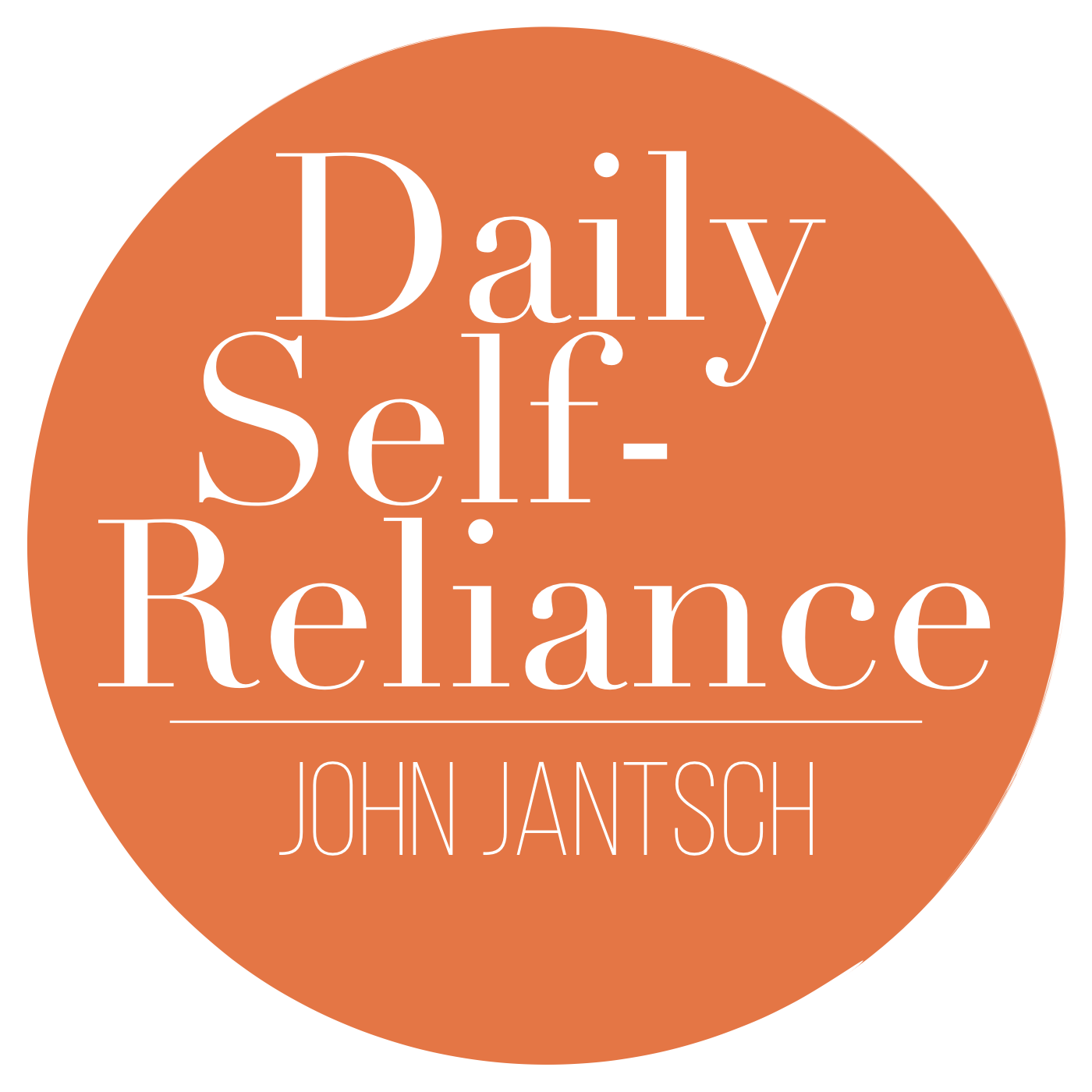Ralph Waldo Emerson

Ralph Waldo Emerson (1803-1882)
“Do not go where the path may lead, go instead where there is no path and leave a trail.”
– Ralph Waldo Emerson
Ralph Waldo Emerson is considered the father of the transcendentalist movement. He was born in the bustling seaport of Boston, Massachusetts in 1802. His father, a Unitarian minister and learned man, instilled in him an interest in literature from a young age.
He enrolled in Harvard at age 14, where he developed a keen interest in Asian culture, religion, and literature. He continued his study at Harvard Divinity School to become a minister, like his father and took a post at a Boston church in 1829.
However, when his wife passed away from tuberculosis in 1831, he questioned his faith and decided to move away from the Church. After quitting his job, he left the U.S. to travel throughout Europe, where he met such literary giants as William Wordsworth, Samuel Taylor Coleridge, and Thomas Carlyle.
Upon his return to the States, he became a public lecturer—a career he would hold for the next 50 years of his life. This is also when he became involved with transcendentalism.
He published Nature, a seminal text of the movement, in 1836, and together with Margaret Fuller founded The Dial, the journal that became the primary vehicle for transcendentalist writers to publish their works, in 1840.
He published two collections of writings, Essays in 1841, and Essays: Second Series in 1844, that helped cement his place as a literary celebrity in America. In his later years, his writing focused more on poetry and contained strong influences from Eastern religions.
He continued to write extensively until 1880, and he died in Concord, Massachusetts in 1882.
Margaret Fuller

Margaret Fuller (1810-1850)
Only the dreamer shall understand realities, though in truth his dreaming must be not out of proportion to his waking.
– Margaret Fuller
Margaret Fuller was a woman of many firsts: the first woman granted access to the library at Harvard, the first full-time female book review editor in U.S. journalism, and the first female foreign correspondent for a major U.S. newspaper.
Born in Cambridgeport, Massachusetts in 1810, she was also the first child in her family. While she was an intellectual star from a young age, her trajectory shifted when her father died in 1835. Instead of launching her literary career, she began teaching to earn money to support her younger siblings.
However, her aspirations did not fade. She remained active in Boston’s intellectual circle, becoming co-editor of The Dial, a transcendentalist magazine, and hosting her Conversations series: gatherings for women to discuss gender roles, women’s rights, suffrage, and abolition.
Her essay, “Woman in the Nineteenth Century,” became a central feminist piece and launched her newspaper career, which eventually took her abroad during the Italian Revolution as the first female foreign correspondent for a major U.S. newspaper.
It was in Italy that she met Marchese Giovanni Angelo d’Ossoli, a revolutionary with whom she would fall in love, have a child, and get married.
When the revolution failed, Fuller and her family decided to return to America. Unfortunately, their ship sunk 400 yards off the coast of New York, and Fuller, her husband, and her child all drowned.
